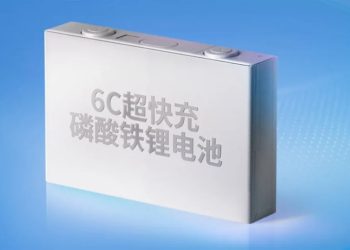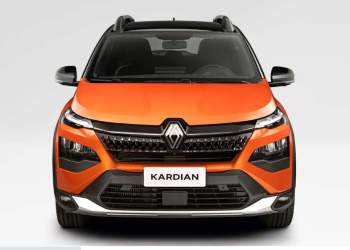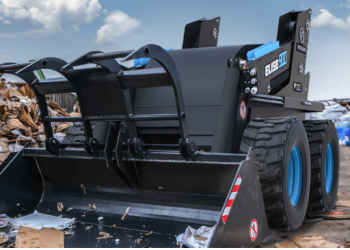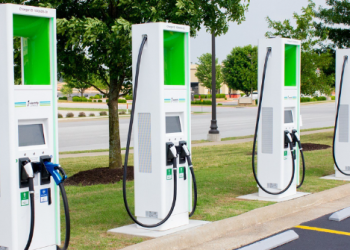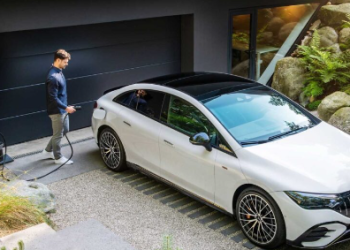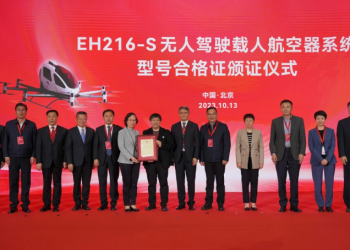BASF, a company dedicated to driving chemical solutions for the mobility of the future, will build a prototype battery recycling plant in Schwarzheide, Germany, at the site of its active cathode materials (CAM) plant.
The prototype recycling plant will also allow the development of operational procedures and the optimization of technology to offer superior yields of lithium, nickel, cobalt and manganese from lithium-ion batteries at the end of their useful life, as well as material outside of specifications of cell and battery material producers.
With advancements and growth in the electric vehicle market, recycling could mean competitive and sustainable access to relevant metals for active cathode materials.
In this way, the extracted metals will be used to produce new active cathode materials and will enable a circular economy for the battery value chain.
“With this investment in battery recycling, plus leading process technology for manufacturing of cathode active materials, we aim to ‘close the loop’ while reducing the CO2 footprint of our cathode active materials by up to 60 percent in total compared to industry standards,” described Dr. Matthias Dohrn, senior vice president of base and precious metals services at BASF.
It may also interest you: Goodyear develop tyre sensors that evaluate their condition
Another positive aspect of the investment is that it will create around 35 new production jobs, and the start-up is scheduled for early 2023.
Battery recycling aims to be an important long-term requirement in the electric vehicle market to reduce its CO2 footprint, as well as to comply with the strictest policy measures, foreseen in the framework of the proposed Union Regulation European Union on Batteries, which includes recycling efficiency and recovery targets for nickel, cobalt and lithium materials.
The Schwarzheide production plant is based in eastern Germany, in the federal state of Brandenburg. The investment in Schwarzheide reinforces BASF’s support for the European Commission’s agenda towards a European battery production value chain and is part of the “Major Project of Common European Interest” approved by the European Commission on December 9, 2019, within the framework of the State of the European Union.
Written by | Gabriel Sayago





